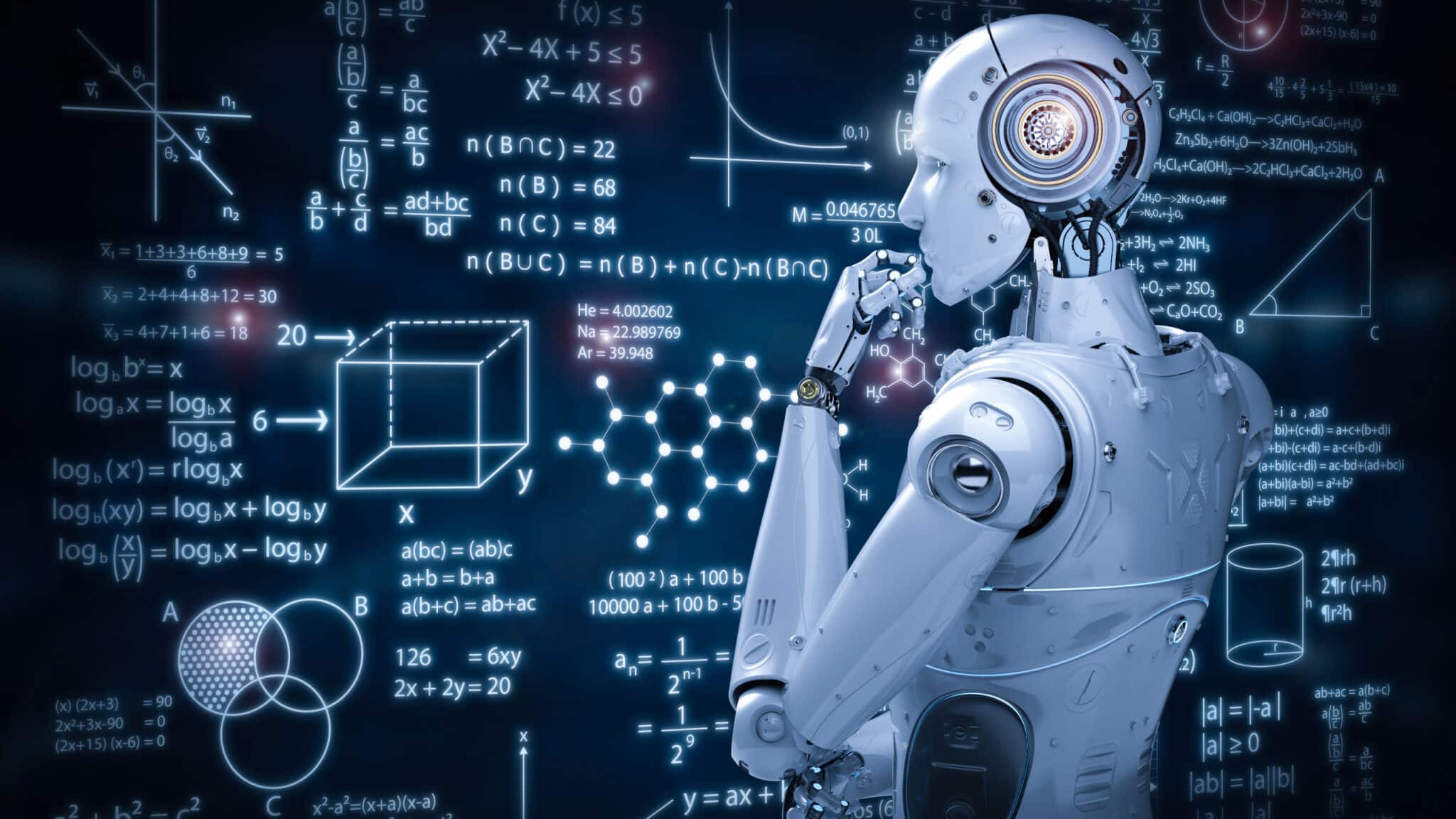Artificial Intelligence in Digital Marketing and What It Means for Marketers

Digital marketing strategists have long since shown skepticism regarding the role of Artificial Intelligence in digital marketing. But that was before AI turned marketing more intuitive. Today, AI can track and predict user behavior and create a customized consumer experience personalized to their navigation history. While this revolutionizes digital marketing as we know it, what does it mean for digital marketers in the long run?
Brands worldwide are adopting AI tools to make their marketing efforts more intuitive and customized toward user needs. Artificial intelligence can become instrumental in lead conversion, reducing bounce rate, and consumer retention.
The Role of Artificial Intelligence in Marketing
The most significant role of AI in marketing is to do with data and automation. It can make targeting more intuitive, data analysis faster, and customer segmentation easier. It can use algorithms to quickly go through incredible proportions of data to track patterns and come up with predictions depending on the patterns it draws.
It can help improve the performance of ad campaigns by making use of dynamic creative optimization. It can develop ad creatives based on past consumer data and navigation history. It can also optimize the performance of ad campaigns by checking data in real-time and tweaking targeting data better to suit the needs of the user and the campaign.
Campaigns and creatives can also be quickly customized using language-based data. Businesses can use machine translation features to swap and shift between languages based on the user's location and even language preferences.
Another great use of AI in marketing is chatbots that can give customers customized experiences and direct them based on their preferences, location, age, and other such data. It can also use user data to group them into categories, allowing for better targeting and customization.
Their most valuable feature is pattern detection. It can detect patterns in user data to predict user behavior and shifts in market trends. It can also use the same patterns and analysis of previous data to detect fraudulent activities and nip them in the bud before these become a serious problem.
What Does This Mean for The Digital Marketer?
Will AI take the digital marketers' jobs? No, not yet, anyway.
Artificial intelligence's tools and features are more likely to help digital marketers with their jobs instead of making them redundant. While marketers focus on the more creative aspects of their work, AI can become a tool that enhances their performance and that of digital marketing campaigns.
As previously stated, businesses can use AI to analyze vast amounts of user data to locate patterns and make predictions. Doing this can help marketers design campaigns more targeted to consumers' needs and interests. AI predictions and simulations can make developing strategies designed to target specific customer use cases easier and provide consumers with a tailored experience, improving lead conversion and reducing bounce rate.
Marketers can create creatives in multiple languages and formats in real-time using AI and machine translation features. This will speed up content creation and optimization.
Recent research by McKinsey Global Institute has shown that up to five percent of jobs can be fully automated. But 30 percent of 60 percent of jobs can (and probably should) be automated.
What lies ahead is not a sudden robot takeover but a period of ongoing, and perhaps accelerated, change in how work is organized and the mix of jobs in the economy. Even as some jobs decline, the US economy will continue to create others—and technologies themselves will give rise to new occupations. All workers will need to adapt as machines take over routine and some physical tasks and as demand grows for work involving socio-emotional, creative, technological, and higher cognitive skills,” claim experts in the report.
At the rate we are going, there are some fundamental changes that artificial intelligence will bring about in digital marketing. And these changes are more than welcome.
Currently, an overwhelming amount of consumer data is being produced every day. Automating the process of analyzing this data can help marketers focus on more critical and creative aspects of their jobs. Ultimately, AI will enhance their performance as the more tedious aspects become automated. At the same time, marketers can focus on refining and creating instead of being forced to mine through endless data.
While AI may excel at analyzing data and recognizing markets, it has various limitations. Its understanding of human behavior is limited at least beyond a certain point. It generalizes and categorizes without understanding nuances.
Emotional intelligence is vital in designing marketing strategies that ensure leads don't just convert but also stick around in the long run. Presently, its understanding of cultural and individual human nuances is not nearly enough to replace the insights and expertise of a digital marketer.
This article was produced and syndicated by Wealth of Geeks.